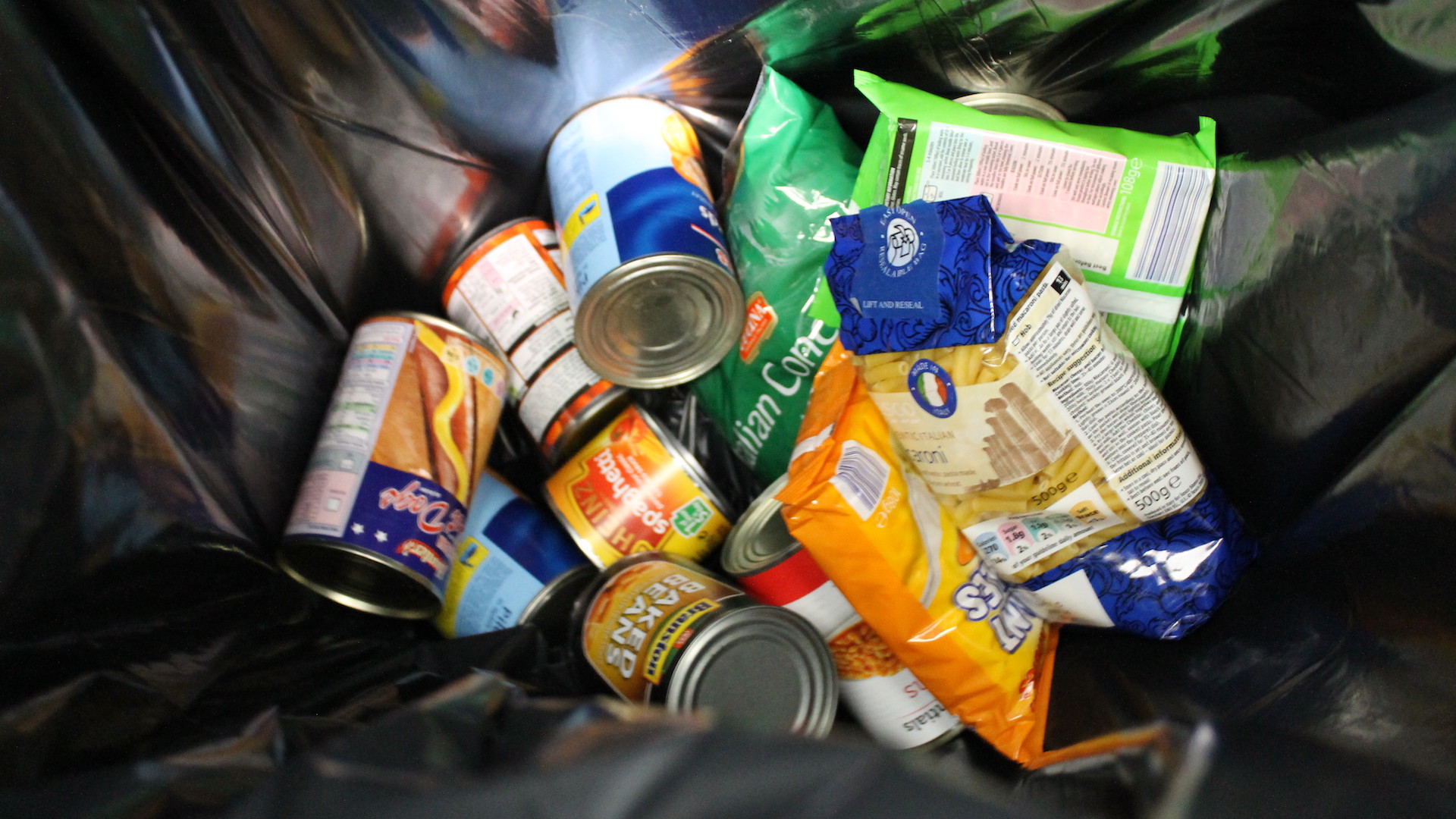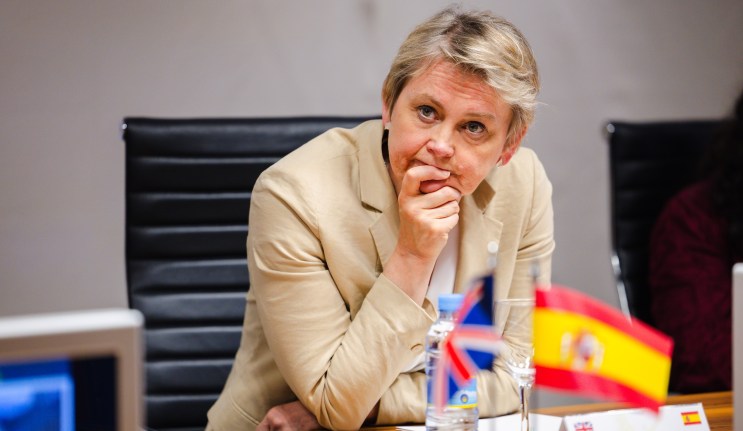Independent food banks are facing the bleakest of winters.
Not only are they struggling to source supplies, but teams are exhausted and running on empty. Yet the relentless increase in need for their services continues unabated. Food banks have had to contemplate reducing the sizes of their parcels or even having to turn people away.
In a devastating blow to households across the country, the government cut £20 from universal credit. On top of rising energy and food prices, the cost of living is now unaffordable to millions of people. The government’s own data show 43% of UK households on universal credit were food insecure pre-pandemic. That figure can only have increased, and 5.8 million people are now dependent on the government’s flagship social security payment.
What’s more, 2.1 million people on legacy benefits like employment and support allowance didn’t ever receive the uplift and are facing yet another winter with inadequate financial support. We’re also witnessing a growing number of people needing to use food banks who have jobs but are unable to make ends meet. New registrations are now being made at food banks by people who donated to them a year ago.
The government attempted to replace £6bn in universal credit with the £500m Household Support Fund. The £421m destined for England’s local authorities comes armed with guidance that paves the way towards further food bank entrenchment. Gone is the hesitancy to mention the fact that food banks exist at all. Food banks are now acknowledged as potential routes for DWP funding.
What’s more, providing people with direct cash support is discouraged through terminology such as “risk of fraud”. The language used is in stark juxtaposition to government advice on overseas aid which states that: “Cash transfers empower the poorest and most vulnerable people to make their own decisions about what they need most, and enable them to spend it in their own communities.”










